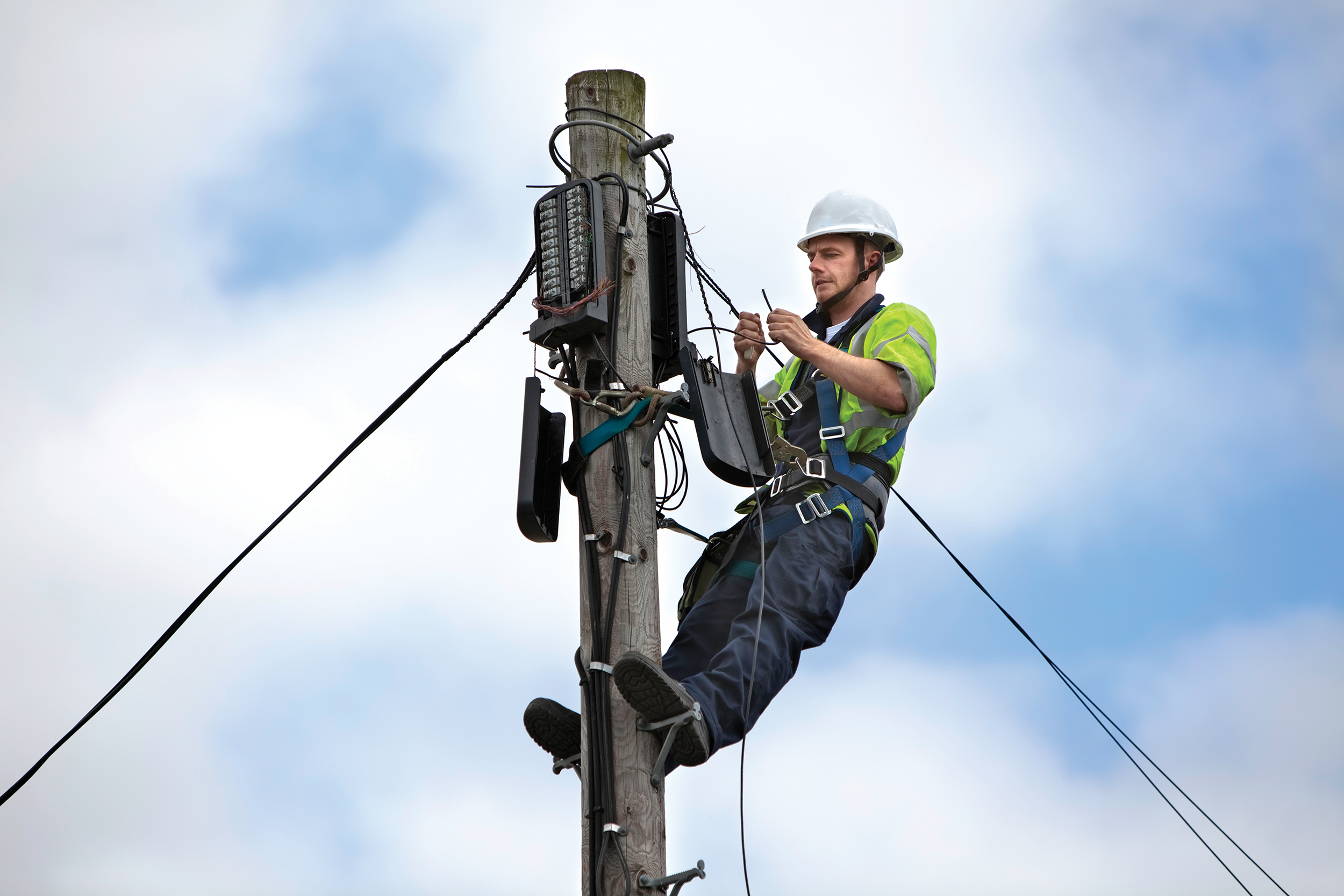NCTA Pushes Pole Position

The smarter way to stay on top of broadcasting and cable industry. Sign up below
You are now subscribed
Your newsletter sign-up was successful
Broadband operators are asking the FCC to clarify that they don’t have to pay the entire cost of a replacement pole when they are seeking attachments to build out broadband to unserved communities, something the agency itself is pushing for in trying to close the digital divide.
NCTA-The Internet & Television Association has asked the FCC for a declaratory ruling that the cost of replacing a utility pole in order to accommodate building out broadband to an unserved area should be shared by the pole owner, typically an electric utility, and the attacher, usually a broadband operator, rather than putting the cost entirely on ISPs.
The issue could mean big money as the FCC tries to get broadband to the millions on the other side of the digital divide.
The ruling would square with the Communications Act’s requirement that the FCC ensure pole-attachment rates are just and reasonable, NCTA said, as well as the FCC’s history of limiting make-ready costs to those actually caused by an attacher and the requirement that costs be shared proportionately by those who directly benefit from the modification.
NCTA said the cost cable broadband operators should have to share is only the difference between the cost of replacing a pole, which the utility would have to do eventually anyway, and the cost of advancing that replacement due to a broadband provider’s need for an expedited replacement. That would mean attachers would only be responsible for the un-depreciated cost of the old pole, not the installation of the new one.
In meetings with FCC staffers, some NCTA members said “the cost of replacing utility poles, and delays by some pole owners in processing applications and conducting pole replacements, pose significant obstacles to the extension of broadband networks to unserved areas.”
NCTA also wants the FCC to expedite any access disputes between ISPs and pole owners.
The smarter way to stay on top of broadcasting and cable industry. Sign up below
Contributing editor John Eggerton has been an editor and/or writer on media regulation, legislation and policy for over four decades, including covering the FCC, FTC, Congress, the major media trade associations, and the federal courts. In addition to Multichannel News and Broadcasting + Cable, his work has appeared in Radio World, TV Technology, TV Fax, This Week in Consumer Electronics, Variety and the Encyclopedia Britannica.

